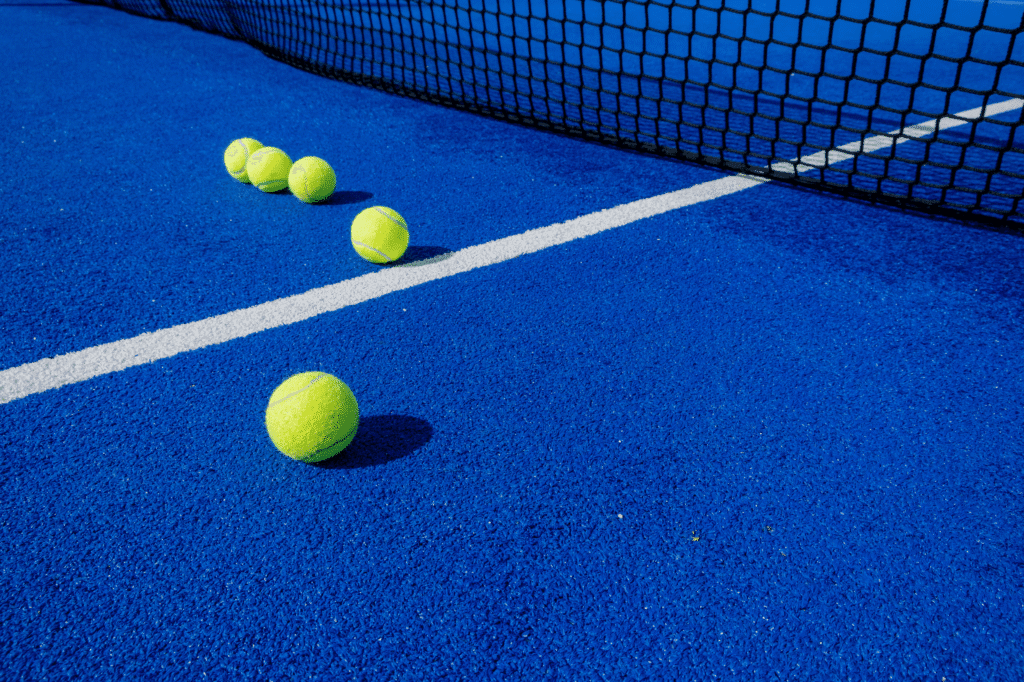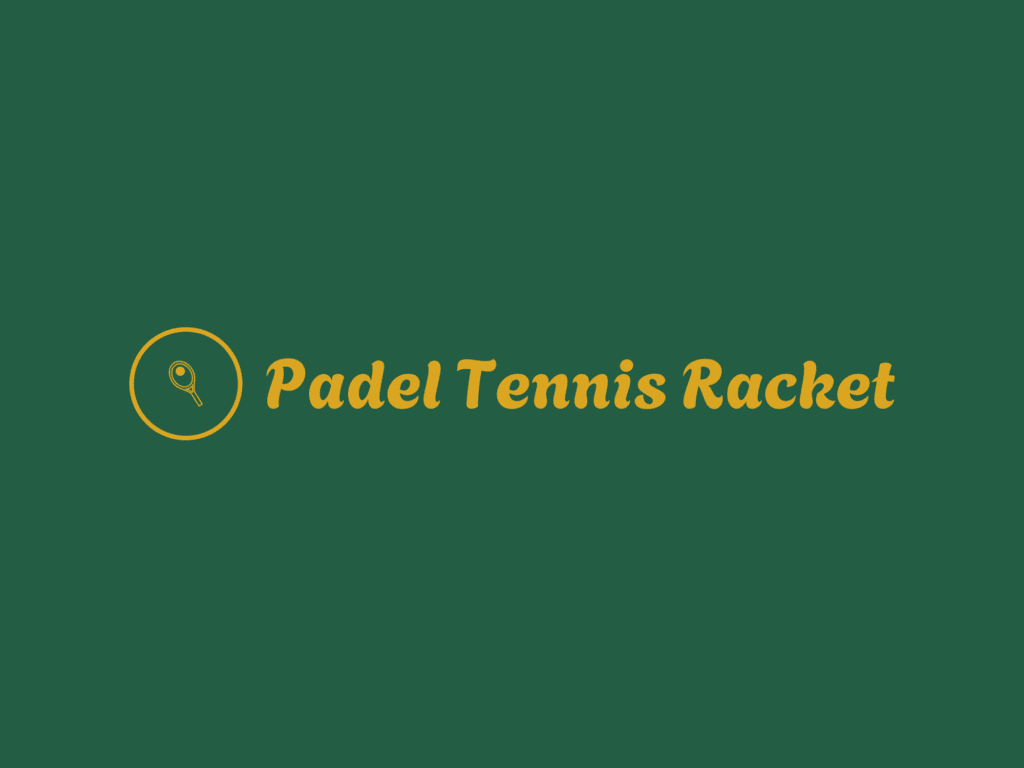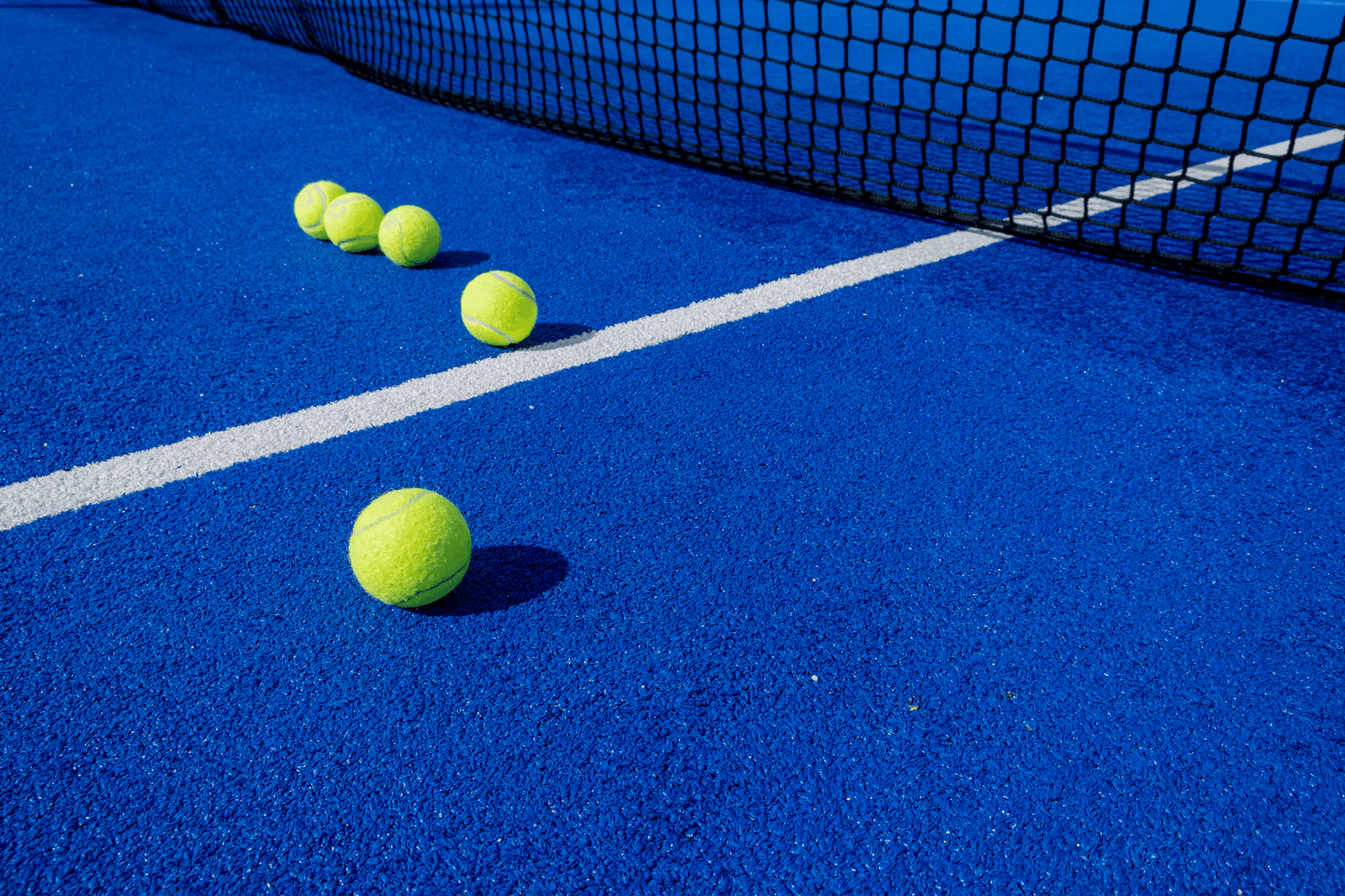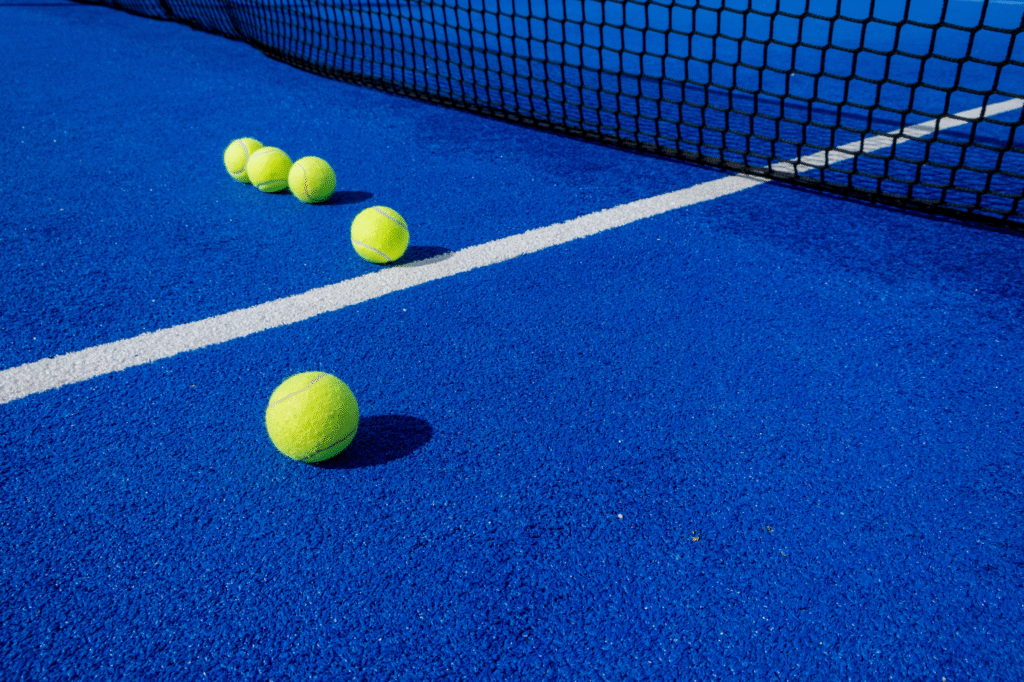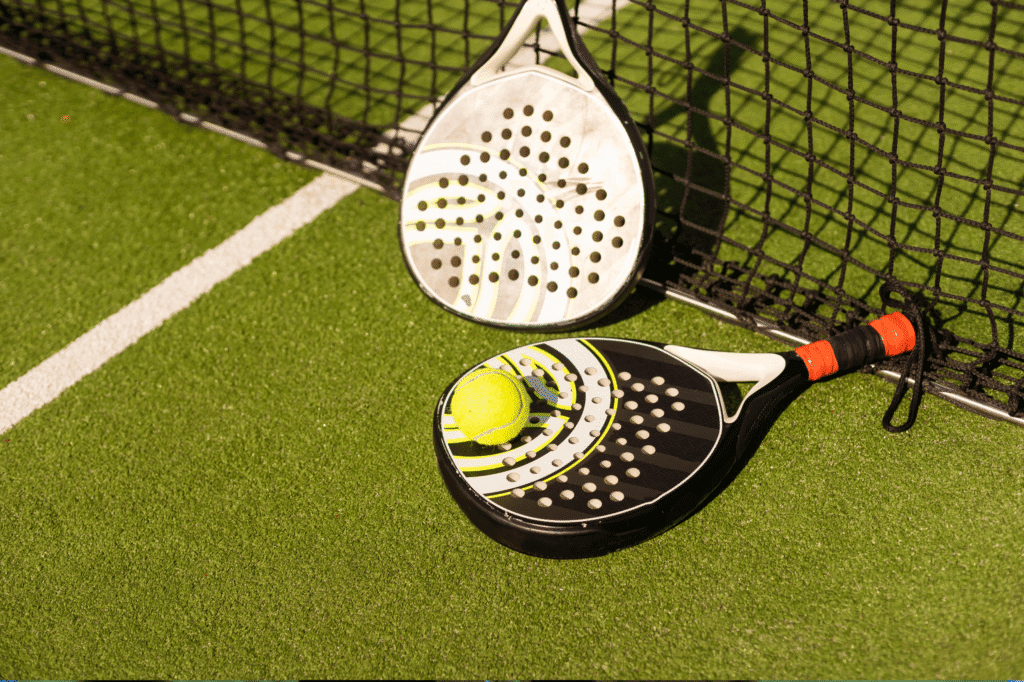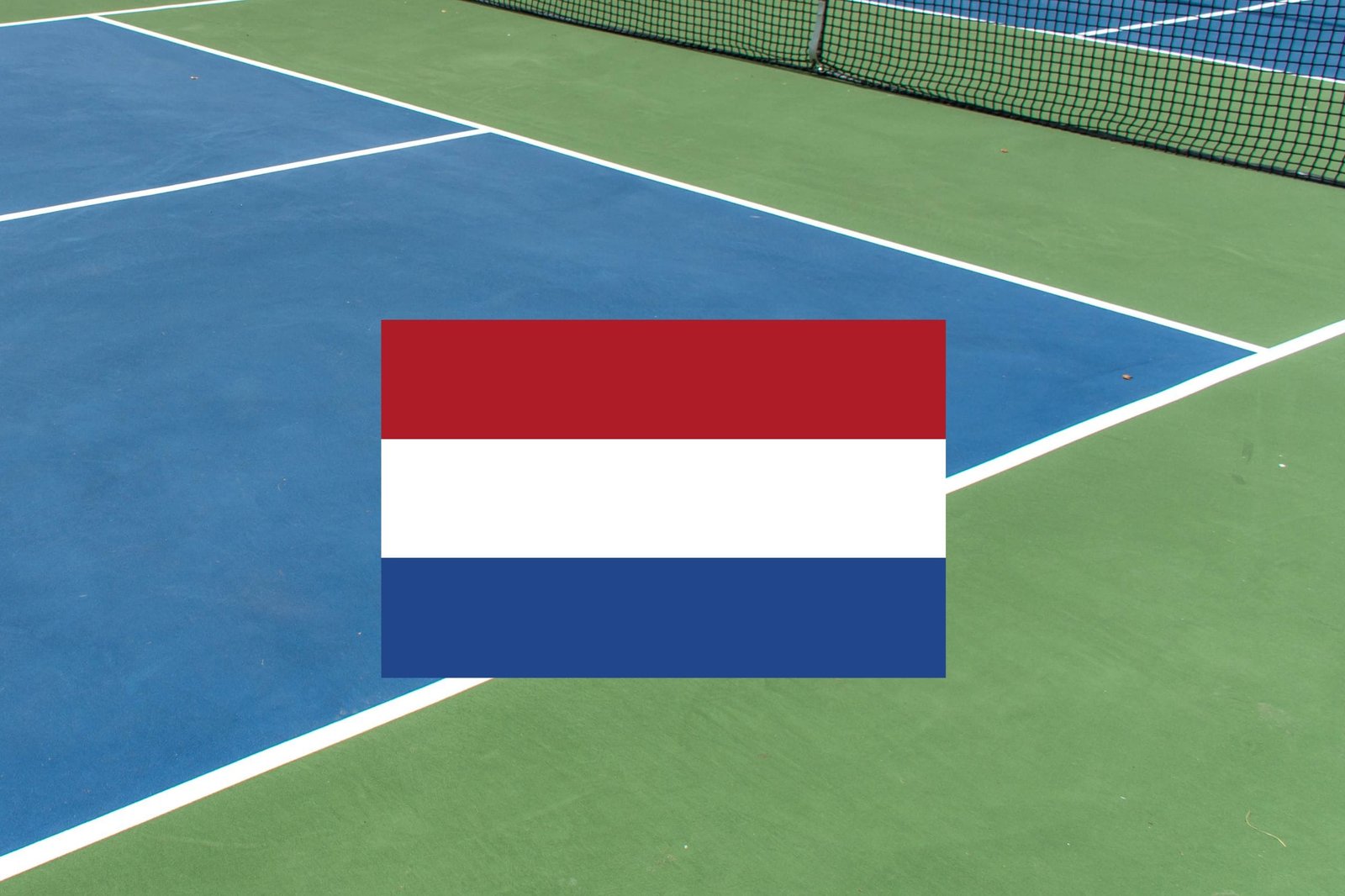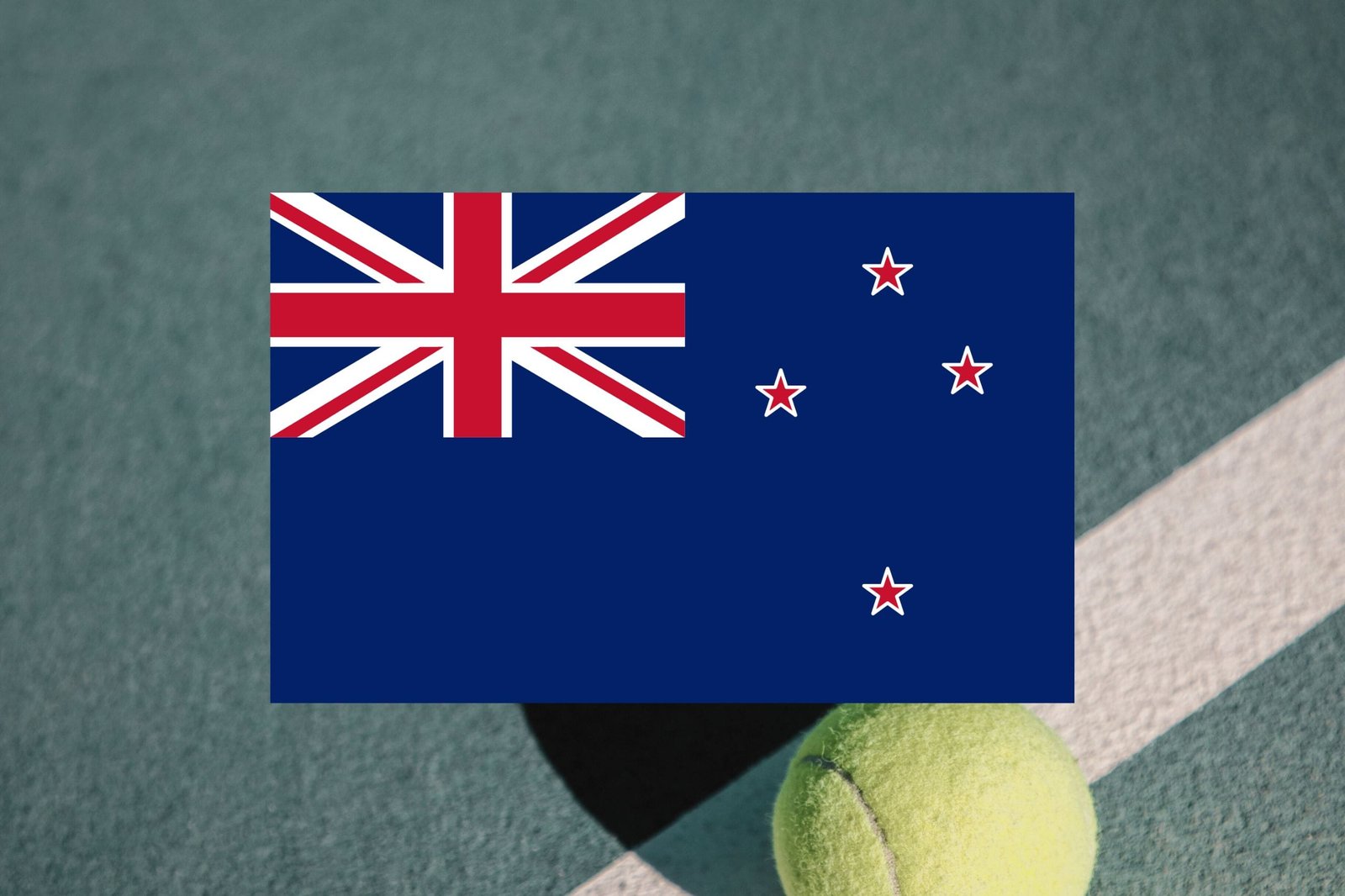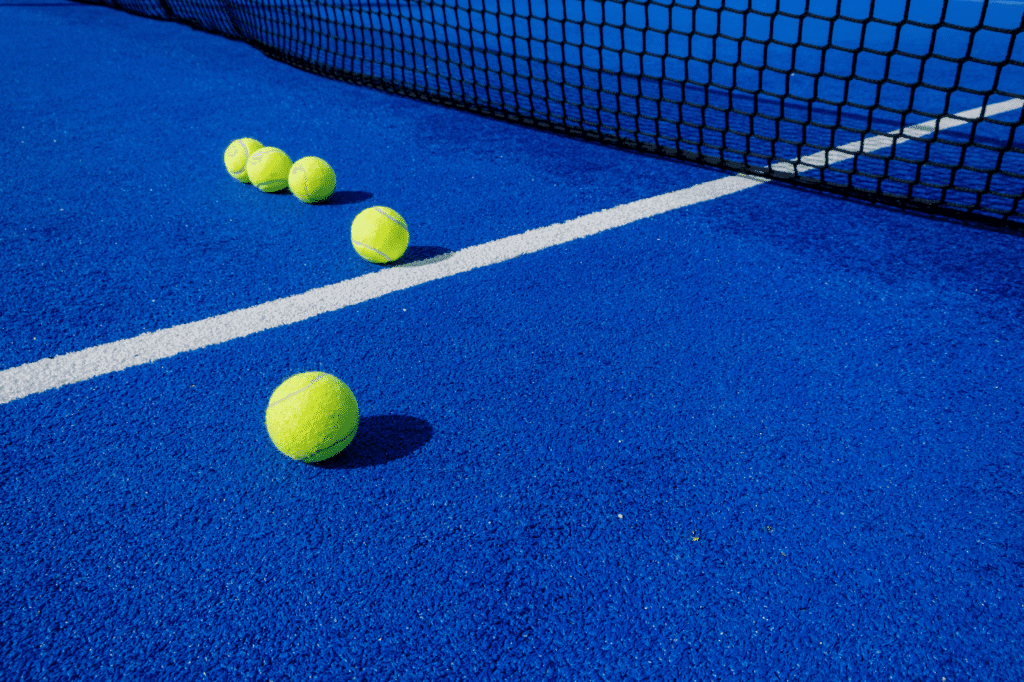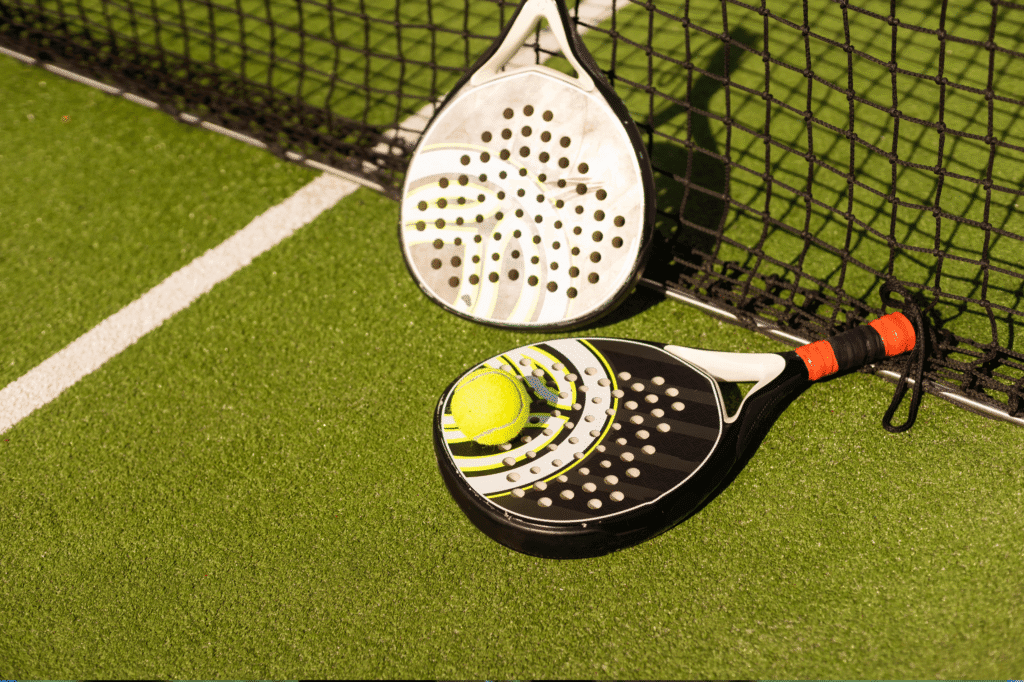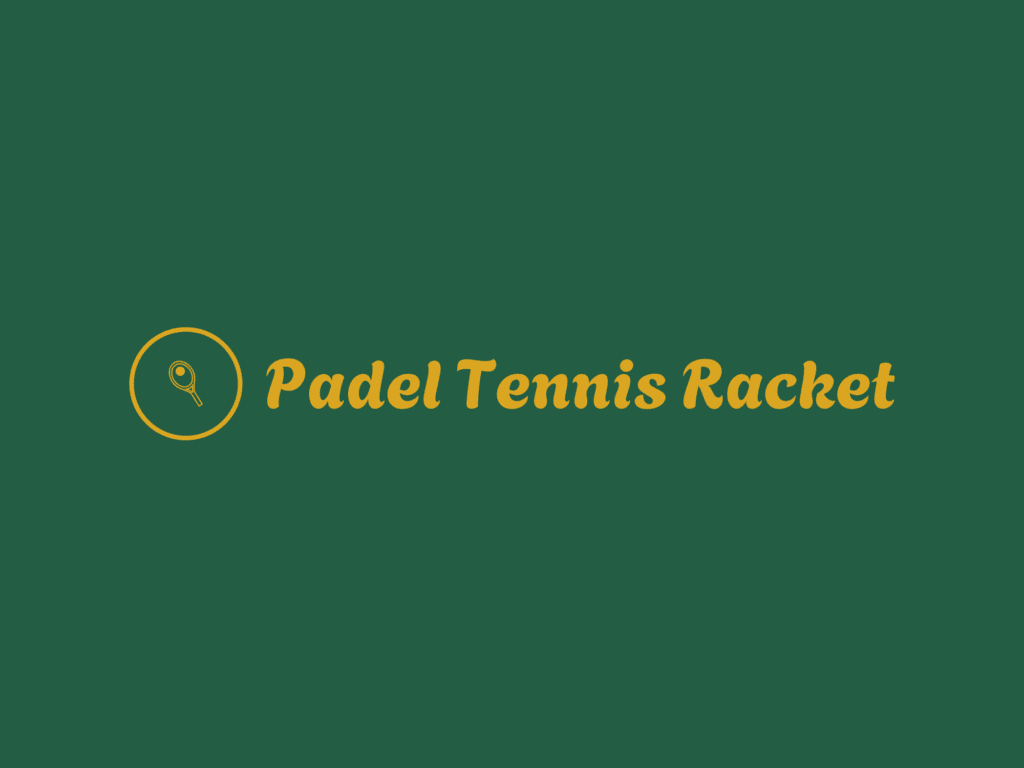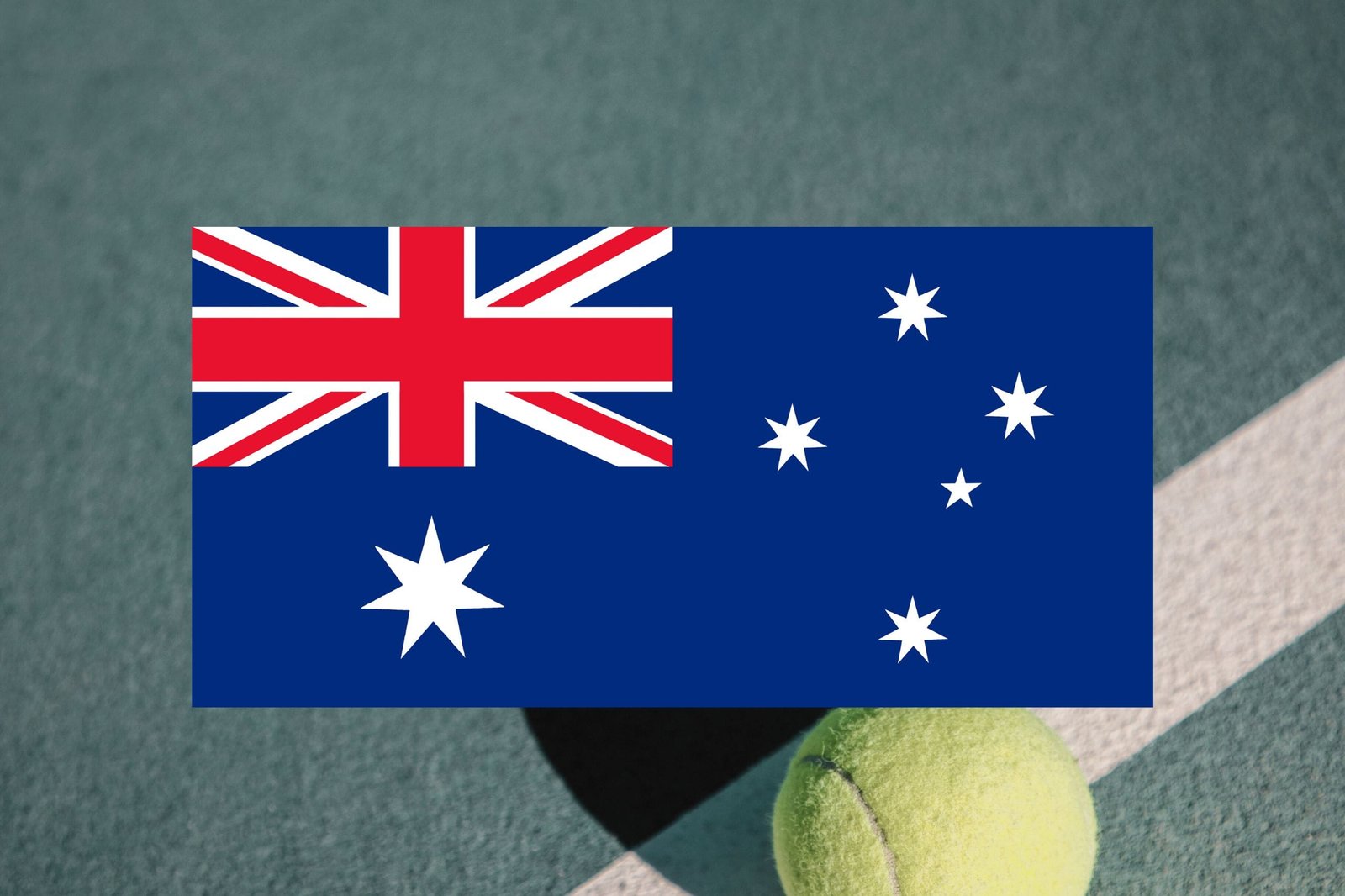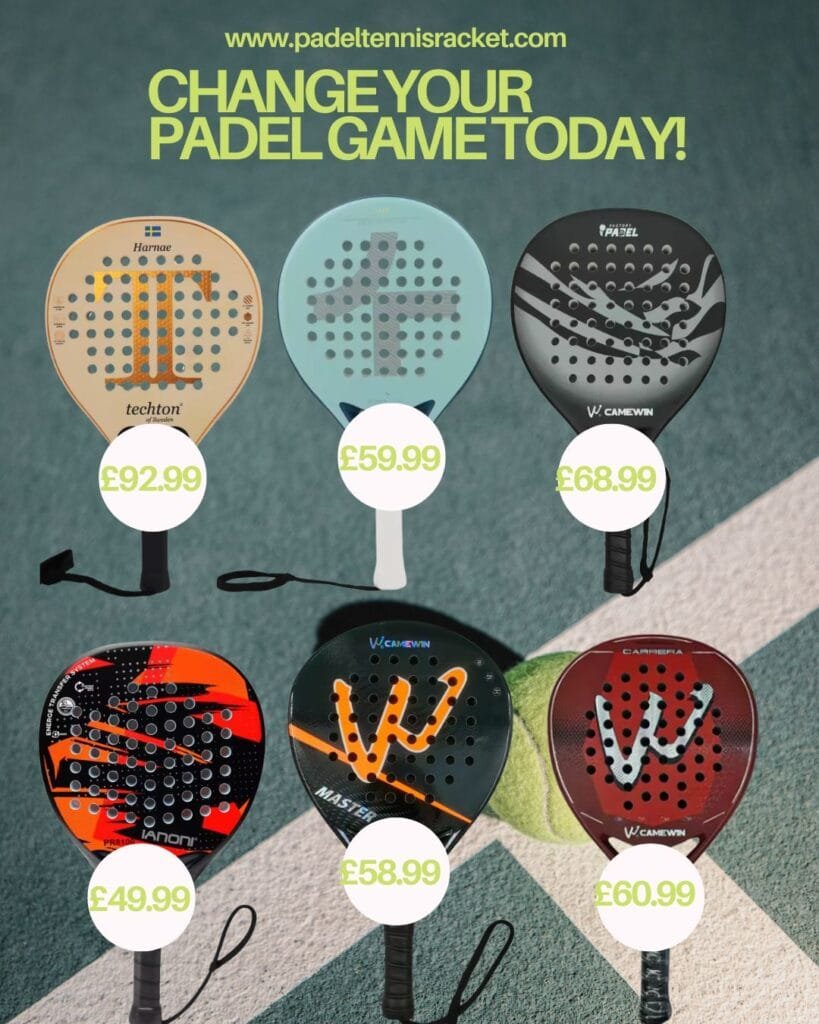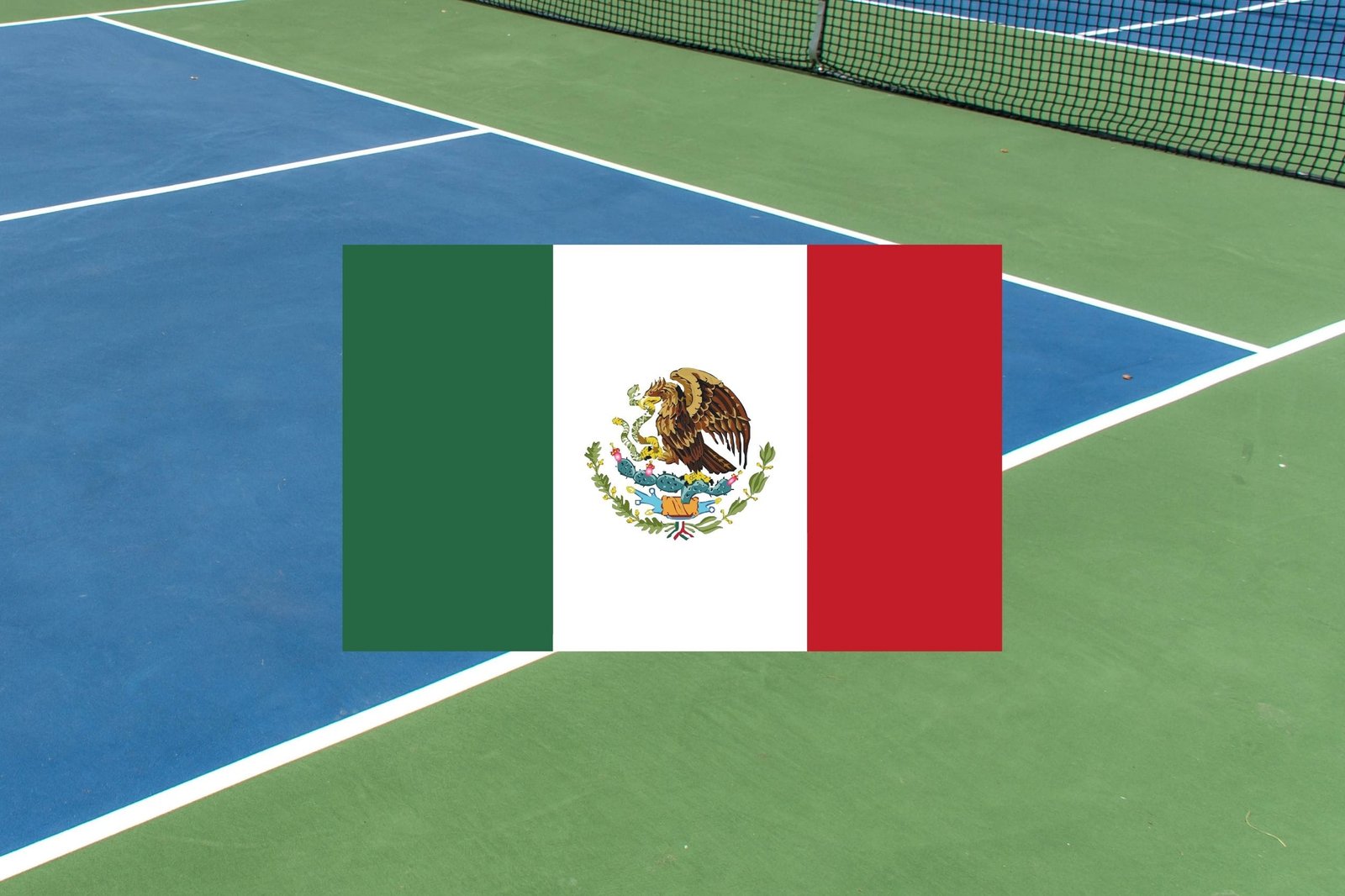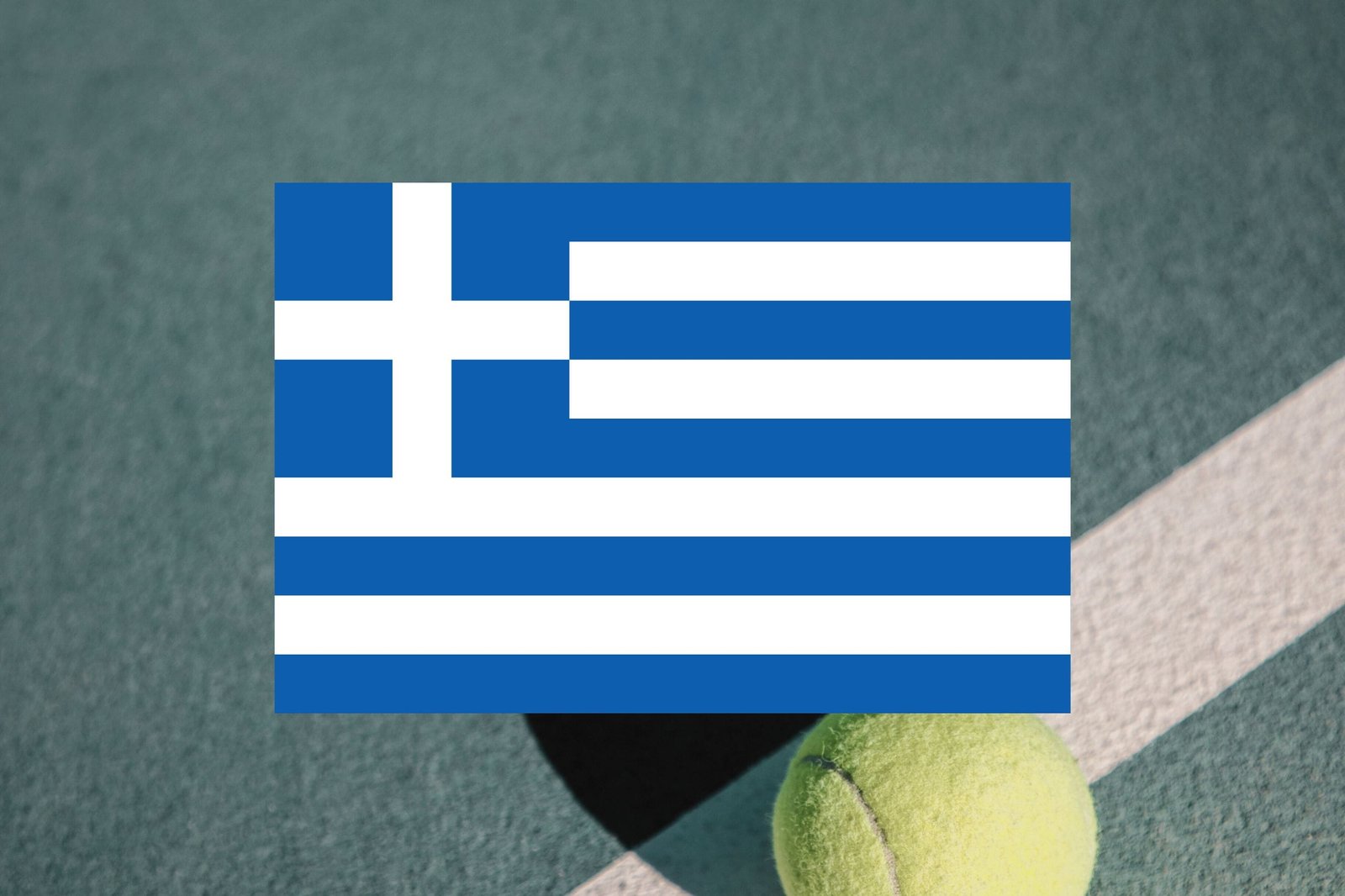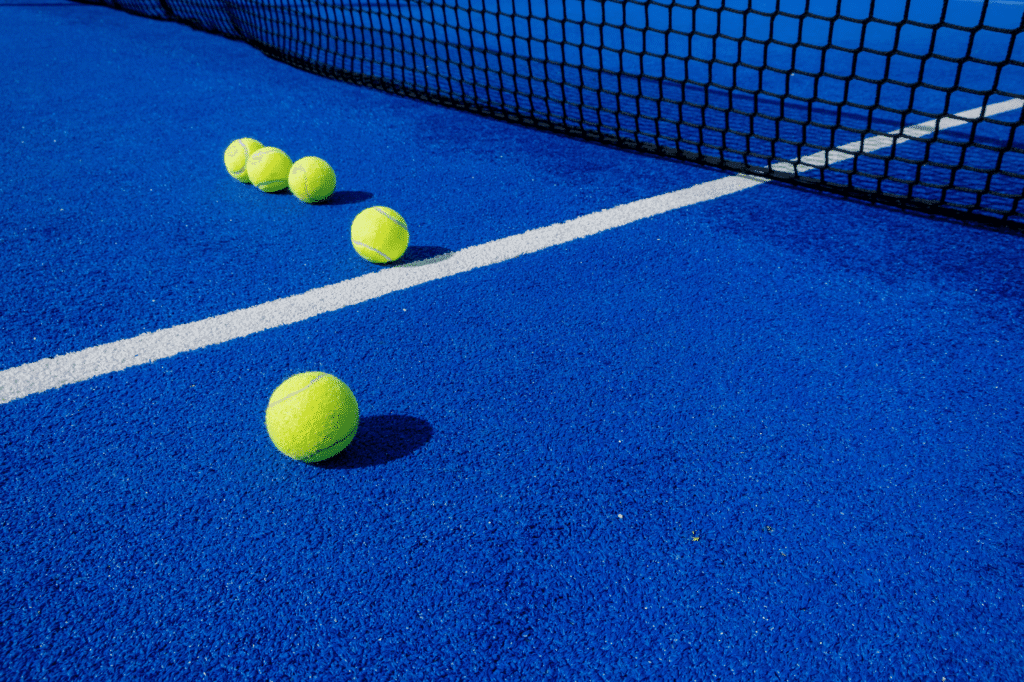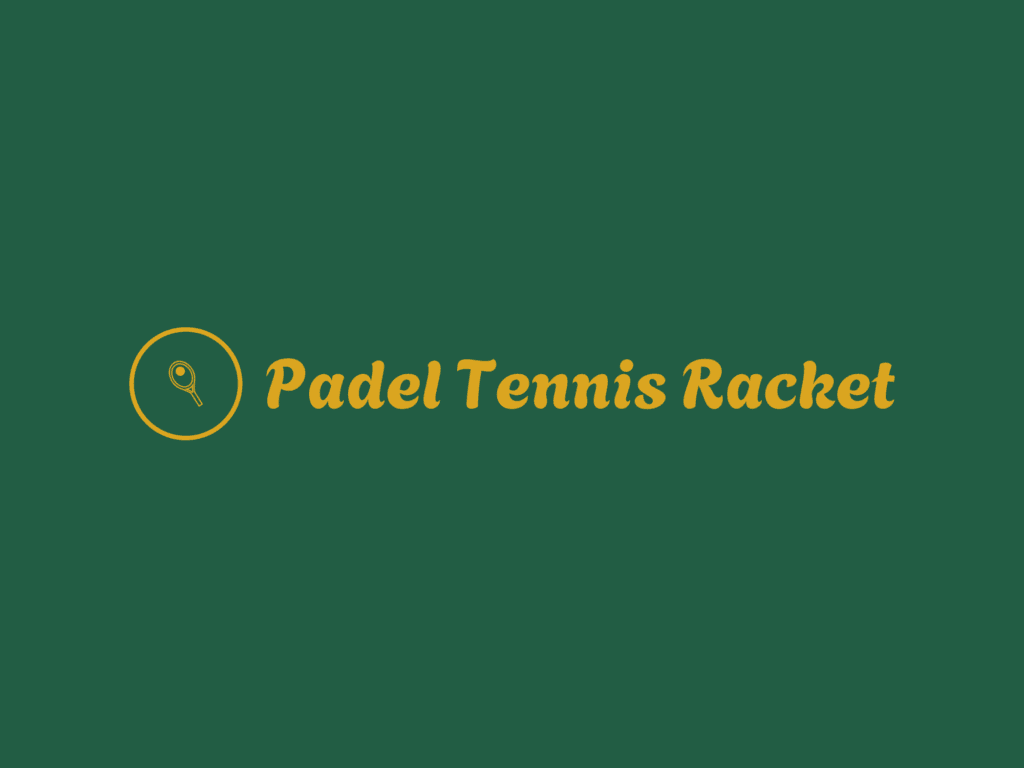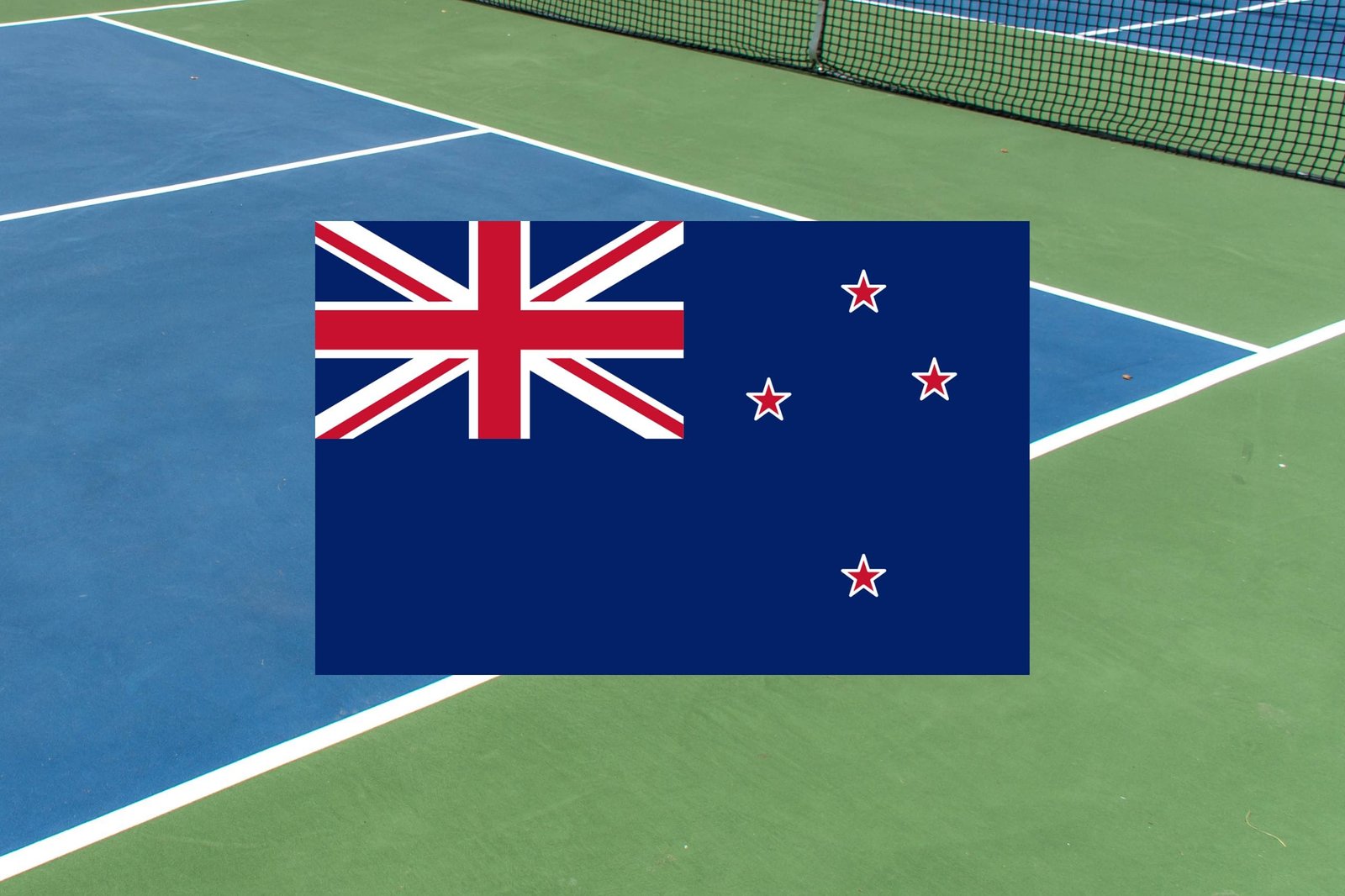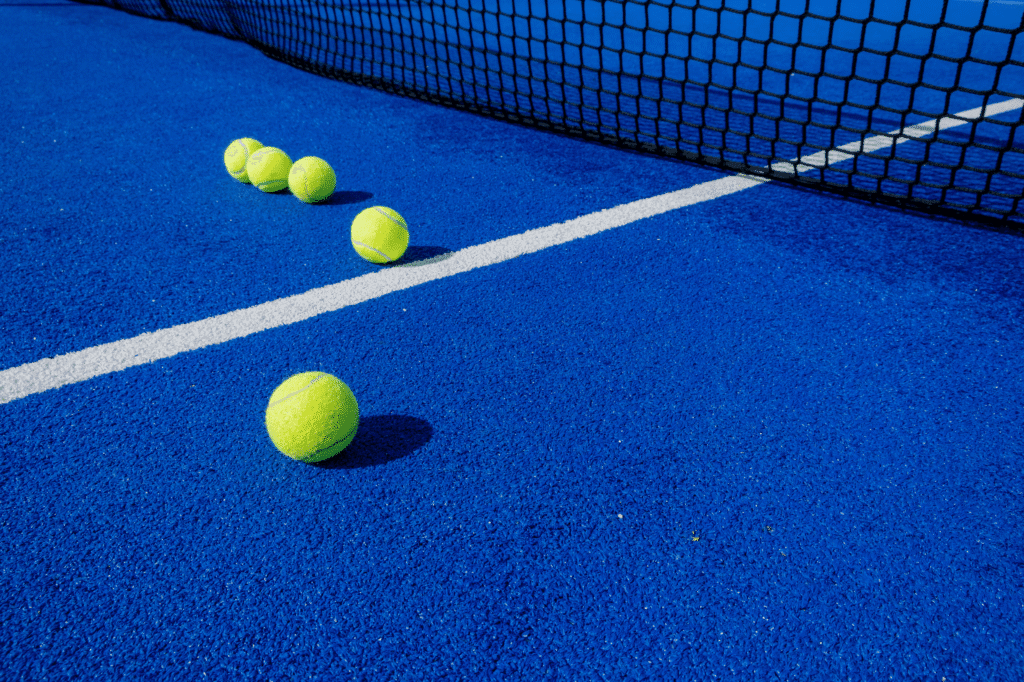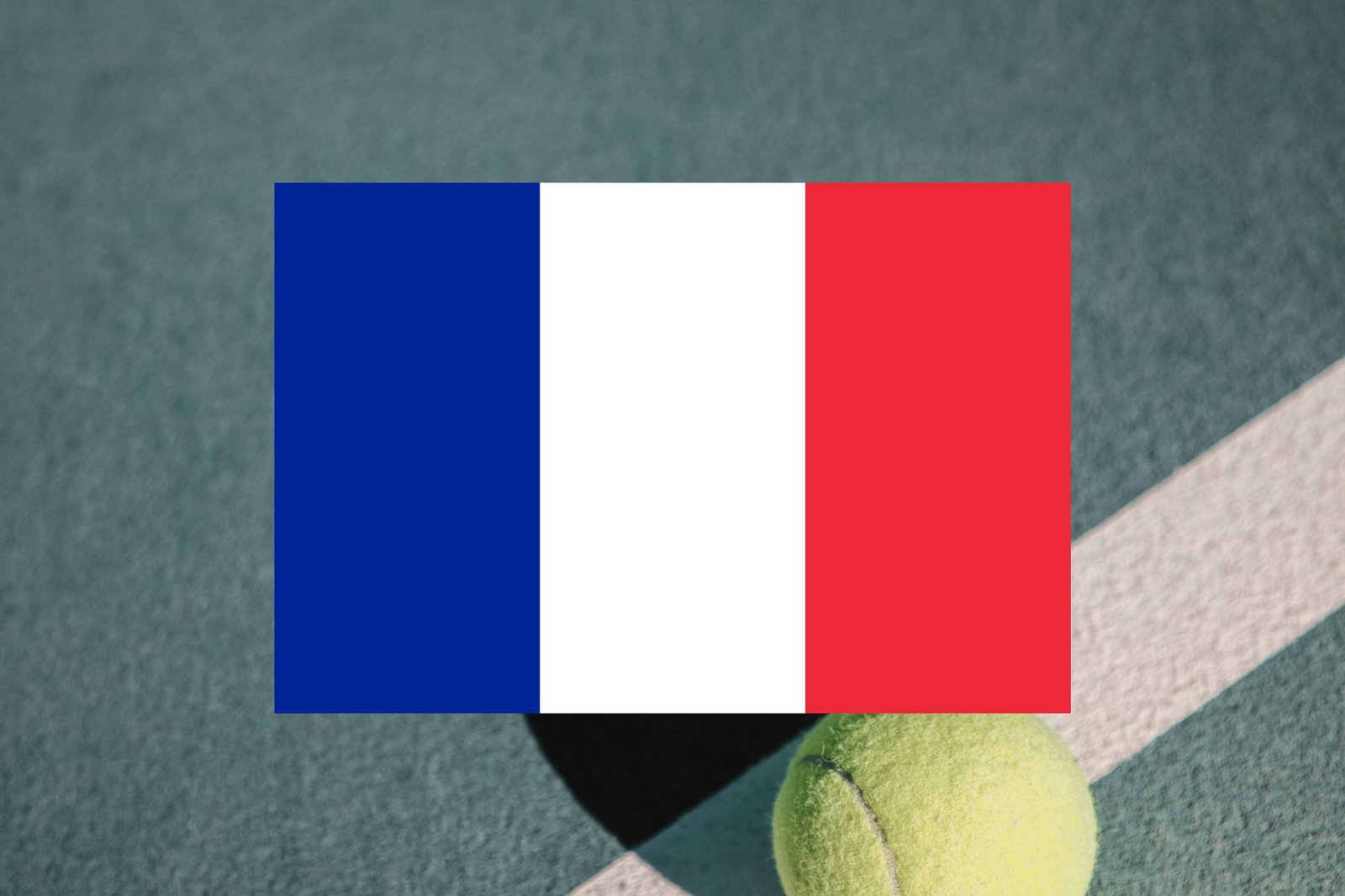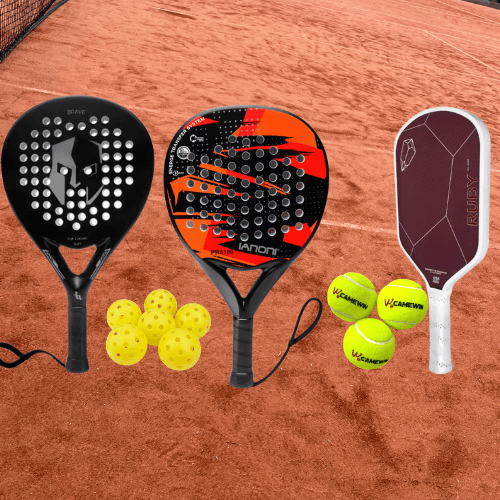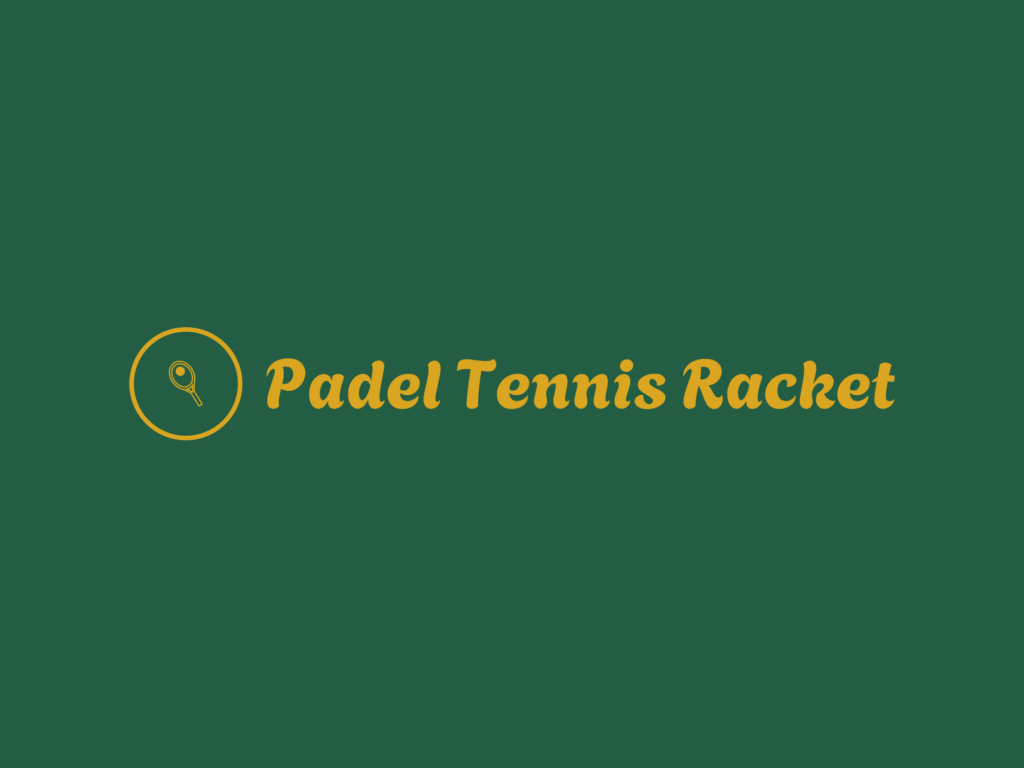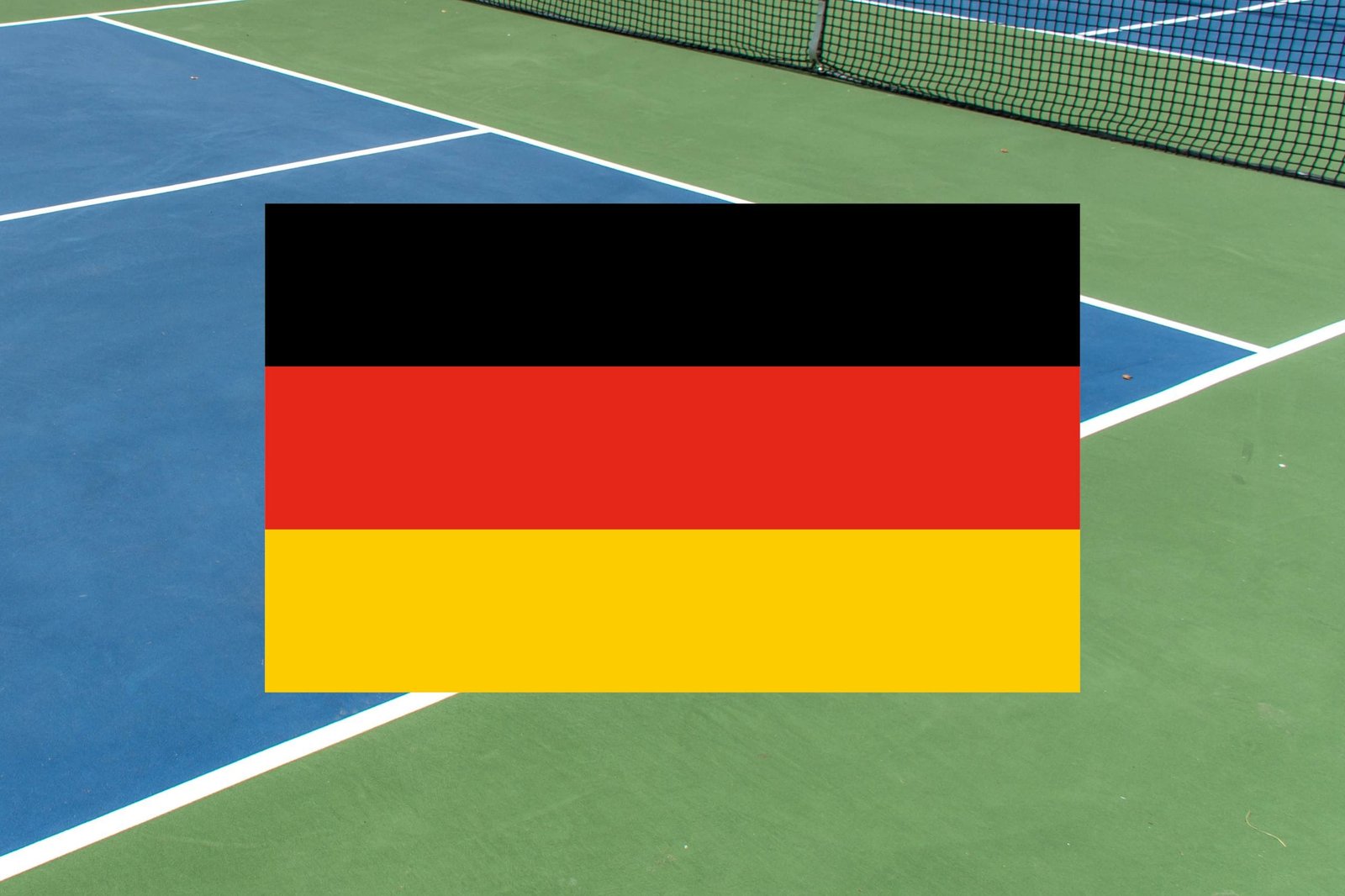
Pickleball is gaining momentum across Europe, and Germany is emerging as one of the key countries where this fast-paced, social sport is catching on. With new courts opening in Berlin, Munich, Frankfurt, and Hamburg, and growing interest from sports clubs and fitness communities, there’s increasing demand for qualified instructors. If you have a passion for pickleball and enjoy teaching, becoming a pickleball coach in Germany could be an exciting and fulfilling career path.
Here’s a complete guide on how to start coaching pickleball professionally in Germany.
1. Understand What It Means to Be a Pickleball Coach in Germany
A pickleball coach in Germany is more than just someone who teaches the game. You’re an instructor, motivator, community builder, and often one of the sport’s earliest ambassadors. You’ll work with beginners who’ve never picked up a paddle, as well as more advanced players looking to improve their skills and compete.
Whether you’re working with locals, international players, or expats, your job is to teach technique, rules, strategies, and court etiquette. You’ll also likely help organise club sessions, social events, or even local tournaments.
2. Develop Your Playing Skills
To be a credible and effective pickleball coach in Germany, you need a solid foundation as a player. You don’t have to be a pro athlete, but you should understand every aspect of the game, serving, dinking, volleying, footwork, scoring, and strategy.
Join a pickleball club or group in your area (many now exist in Berlin, Cologne, Stuttgart, and other cities), and play with people of various skill levels. This will expose you to different playing styles and help you learn how to adapt your instruction.
3. Get Certified
There isn’t yet a formal German national certification for pickleball coaching. However, internationally recognised certifications are widely accepted and will significantly boost your credibility. The top options include:
- IPTPA (International Pickleball Teaching Professional Association)
- PPR (Professional Pickleball Registry)
Both organisations offer beginner and advanced coaching certifications, covering essential coaching techniques, player safety, and lesson planning. These credentials are especially valuable if you want to work at clubs or develop a career as a pickleball coach in Germany.
4. Legal & Safety Requirements
If you plan to work professionally, especially with children or through official institutions, you may need to meet certain local or federal requirements. These may include:
- A polizeiliches Führungszeugnis (police background check)
- First Aid and CPR certification
- Liability insurance (particularly important for independent coaches)
Ensuring you meet these standards demonstrates professionalism and increases trust with clients and organisations you work with.
5. Gain Practical Coaching Experience
Even after certification, experience is key. Start by offering to assist local coaches, volunteering at community events, or running free sessions for beginners. This gives you hands-on experience, builds your confidence, and helps develop your coaching style.
As a new pickleball coach in Germany, these first few months of practice are essential for refining your skills and building your local reputation.
6. Promote Yourself and Build a Client Base
Once you’re ready to coach officially, you’ll need to market your services. Ways to promote yourself as a pickleball coach in Germany include:
- Creating a basic website or landing page
- Posting content and lesson availability on social media
- Printing flyers for sports centres and community boards
- Reaching out to local expat networks and sports clubs
Germany’s urban hubs have international communities who may already be familiar with pickleball and eager to join in. You’ll likely find early demand among these groups.
7. Work with Local Clubs or Coach Independently
You can choose to coach through a club, gym, or recreation centre, or go freelance. Working with a club might offer more structure and access to players. Freelance coaching offers more flexibility and control over your schedule.
To become an independent pickleball coach in Germany, you may need to register as a self-employed trainer with your local authorities (Gewerbeanmeldung). You should also manage court rentals, pricing structures, and lesson scheduling.
8. Leverage Germany’s Growing Pickleball Scene
Germany now has its own Deutscher Pickleball Bund (DPB), a national pickleball federation that supports clubs, events, and growth initiatives. As a pickleball coach in Germany, joining this network helps you stay connected, promote your services, and potentially get involved in national events or tournaments.
9. Continue Learning and Expanding
The best coaches never stop learning. Attend international workshops, take advanced coaching certifications, and keep up with top-level match strategy. You should also consider learning how to coach different player demographics, such as youth, seniors, and competitive players.
As a lifelong learner and adaptable instructor, you’ll be more successful as a pickleball coach in Germany over time.
Conclusion
With its rising popularity, open-minded sports culture, and growing network of players, Germany is fast becoming a key location for pickleball in Europe. If you love the game and want to make an impact, becoming a pickleball coach in Germany offers a unique opportunity to combine sport, teaching, and entrepreneurship.
By developing your playing skills, getting certified, gaining experience, and building your reputation, you can successfully launch a career as a pickleball coach in Germany—and play a vital role in growing one of the world’s most exciting new sports.
